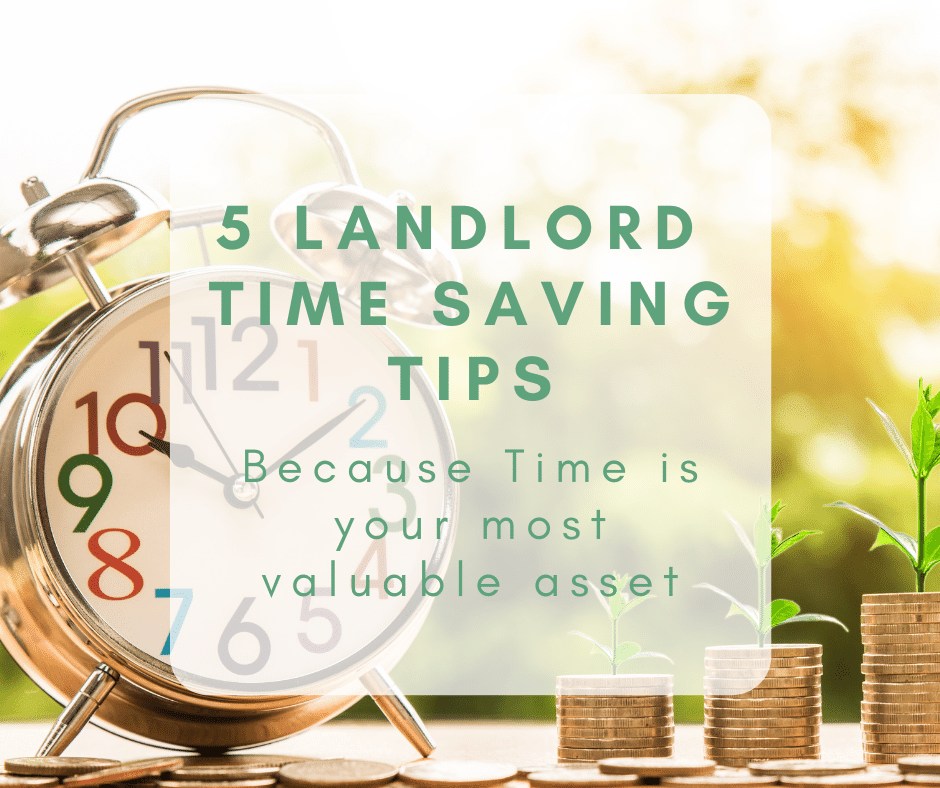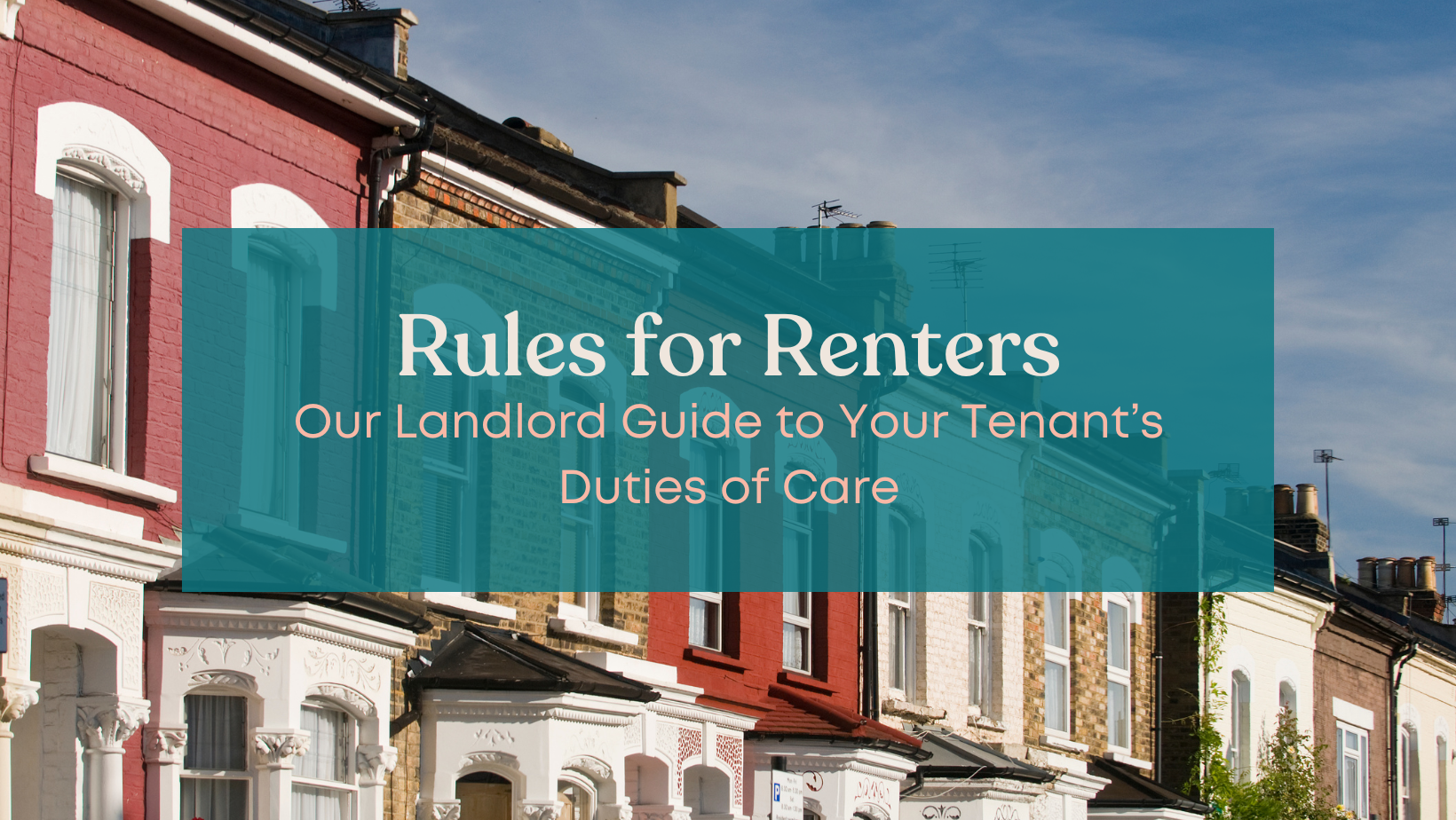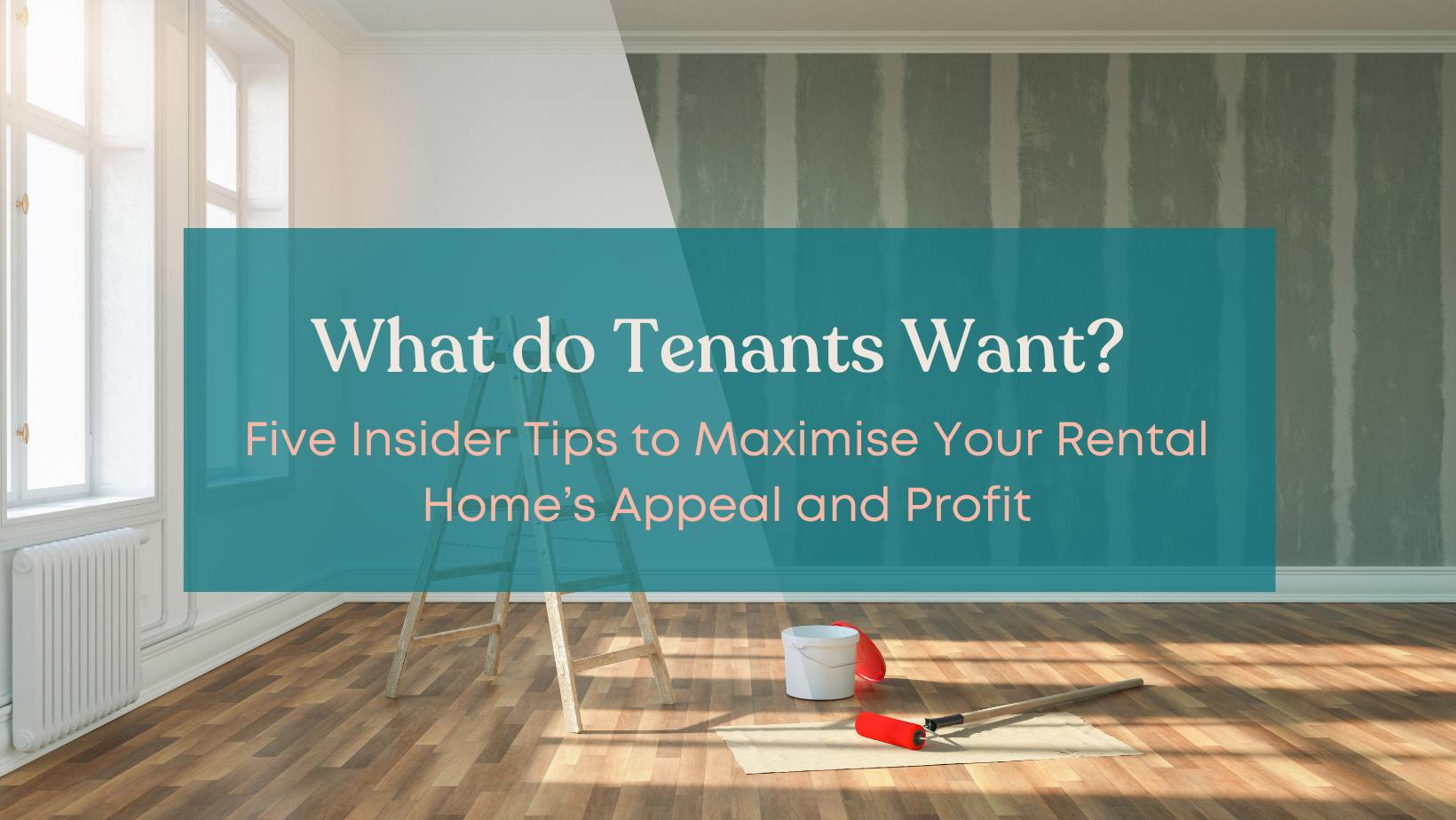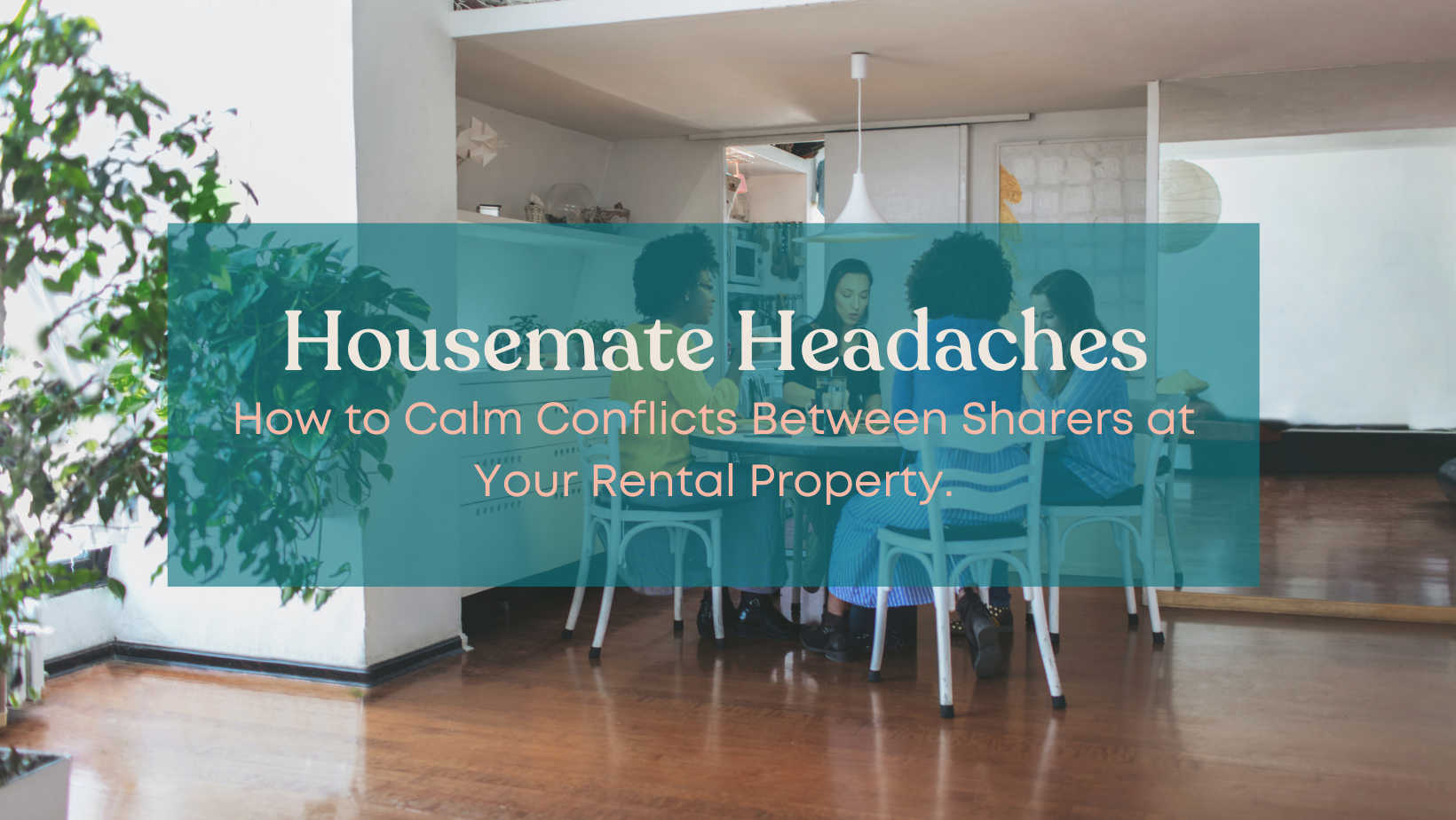1. Keep track of Paint colours
....and use the same paints in all your properties if you have more than one. Keeping track of the brand of paint, the colour name / number for every room in your rental property can save you a lot of time and hassle over the long run. Over time, paint can dry up and become unusable, so just because you have some paint left over after the last touch up, it doesn’t mean you will have paint available when it’s next time to redecorate.
2. Ask for online Payment
Most tenants will be more than happy to pay via a standing order or bank transfer. It sounds like it would be commonplace but there are still plenty of landlords accepting cash or cheques for rent. Not only does this not provide a sound paper trail in many cases, but it can cause unnecessary delays when you find out a cheque has bounced, not to mention taking up your time traveling to and from the bank.
3. Schedule regular inspections
This might sound like it will take up more of your time and in the shorter term it will if you haven't already been carrying out regular inspections, but it's so important to do so. If you catch small issues in time, you can stop them from escalating into costly and time-consuming problems. Just ask the landlord whose exterior pointing led to damp, which led to the need to replace most of the kitchen units!
4. Keep track of your expenses
Landlord tax can be a huge expense as most of us know, but your tax return doesn't have to be a huge headache. By recording your allowable property expenses as and when they arise, and keeping the proof of payment somewhere safe, you can hand everything over to your accountant (or spouse?!) in a tidy package, instead of scrambling round for receipts as the deadline approaches.
5. Screen Tenants very carefully
There are a number of consequences of not doing proper tenant vetting and the financial cost is just one of them. A tenant who is not a good fit for your property can also cost you a lot of your valuable time by asking you to deal with maintenance issues that fall under tenant responsibility, void periods if / when they don't stay for an extended tenancy, and in the worst case scenario, dealing with damages, unpaid rent, and all of the legal headache and costs that can come along with these outcomes.



 By
By 

 By
By 
Share this with
Email
Facebook
Messenger
Twitter
Pinterest
LinkedIn
Copy this link